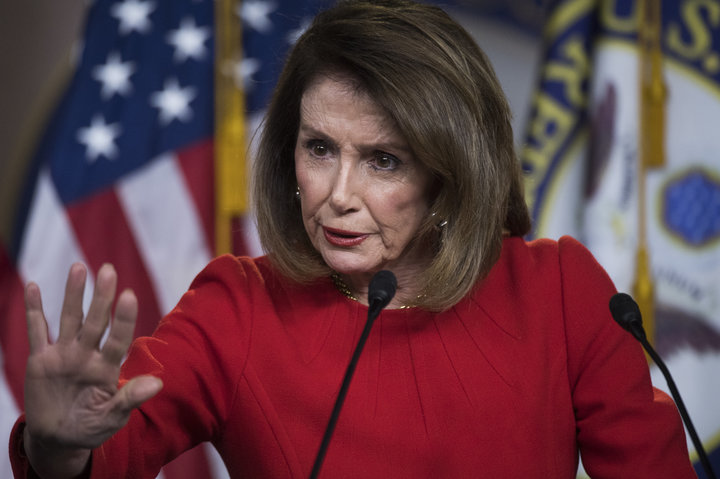3 Key Moments From The House’s First-Ever Medicare-For-All Hearing
The first congressional hearing on Medicare-for-all was defined by the opening statement by activist Ady Barkan, who has ALS and used a computer system to testify to the House panel about why he believes America needs single-payer health care. “Our time on this earth is the most precious resource we have. A Medicare-for-all system will save all of us tremendous time. For doctors and nurses and providers, it will mean more time giving high-quality care. And for patients and our families, it will mean less time dealing with a broken health care system and more time doing the things we love, together,” Barkan said.















